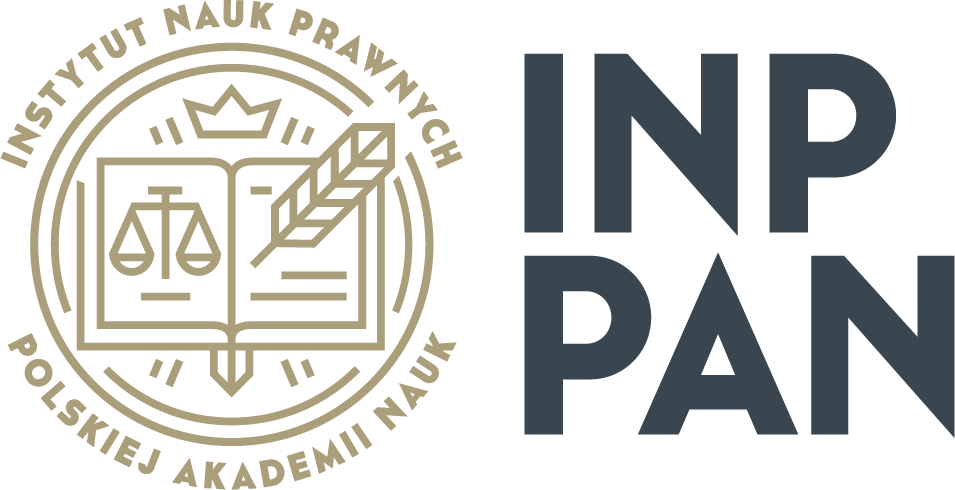With GLI search, the time needed to access legal and juridical information resources is reduced in real terms and, in some cases, even makes it possible to access resources provided in web applications in languages other than Latin (e.g. Arabic, Chinese, Japanese, Cyrillic) or Hindi often warned as sites causing security risks to the device/computer. Search engines often omit pages in languages other than the default and not used by the user in the search extension or pre-defined search phrases from the search results. The GLI search engine does not replicate this dysfunctionality from the point of view of the “professionalised” user. The project aims to stimulate socio-economic innovation and increase the comfort and efficiency of scientific work (in the discipline of legal sciences) by increasing the availability of expert legal information: both in the form of legal acts, case law, and scientific publications available in the OA model, through the provision of the Global Legal Information online platform, which is an aggregator of legal information equipped with intuitive, multilingual menus.
The above makes the results of the GLI project fit in with the assumptions/objectives of the Science for Society programme. In the research area “Scientific excellence,” by increasing the convenience and speed of access to legal information (i.e. about legal sources) and legal information (about legal doctrine), the GLI search engine is part of the trend towards increasing the quality and groundbreakingness of frontier research in legal comparativism. Researchers can access information on the legal system of other countries more easily than before, verify the availability of sources in the chosen congressional language (especially translations). As such, legal comparatistics has the task of, inter alia, stimulating the search for new optimal legal solutions and, in the theoretical aspect, identifying new research problems of key importance for socio-economic development and undertaking pioneering research work research in this area. The advantage that a GLI search engine makes possible in research in the discipline of law is also present, by analogy, in business/professional searches in connection with the legislative process or legal services.
Providing access to records of Polish journals among scientific information resources (slightly more than 1/3 of all titles presented in the GLI) contributes to the internationalisation of Polish science and increases the visibility of its achievements (many of these journals publish articles not only in Polish, but also in conference languages, and the search engine makes it possible to facet these titles according to language criterion).
The project is an extension of the Global Legal Information Network Foundation's efforts (GLIN, GLIN2) to make legal information more accessible. In this context, the platform, as a product of the implementation of a project funded by the Ministry of Education and Science, would undoubtedly contribute to shaping the public perception of Polish science internationally.
Taking into account that the result of the project is the provision of an online portal, which is supposed to make scientific legal information more accessible (easy to reach/search for it), it should be pointed out that the project contributes to a positive public perception of Polish science. At the same time, it can contribute to increasing Internet users' awareness of the OA movement (the amount of law and legal science resources available online, which is stereotypically considered one of the least “open” disciplines when it comes to science resources). Indirectly, the GLI popularises the benefits of publishing in so-called open access for publishers and authors, as in the research area “Science for Innovation” aims to improve the effectiveness of collaboration between science and the economic environment, support innovation processes and the commercialisation of research and development results, as well as the know-how related to these results, including the promotion of good practice in innovation, dissemination of knowledge on the relationship between science, innovation and the economy. It also achieves the above objectives by reducing the time needed to search for relevant information/find the database in which the materials are available. This was achieved by working with metadata descriptions of the “aggregated” resources in 4 conference languages (English, French, Spanish and German) and in Polish.
The project aims to stimulate socio-economic innovation by increasing the availability of expert legal information: both in the form of legal acts, case law, and scientific publications available in the OA model, through the provision of the Global Legal Information online platform, which is an aggregator of legal information equipped with intuitive, multilingual menus. The platform will contain links to reliable scientific and popular science publications and/or links to the full texts of these publications and to the texts of legal acts, concerning the legal framework governing the implementation of innovative projects in all fields of science and branches of the economy, both in the national legal system and in European Union law, international law, or national legal systems of foreign countries. By realistically increasing the availability of educational material in the discipline of law (including public sector information resources from academic sources), the commercialisation potential of research results in the discipline of legal sciences can increase. The implementation of the project will contribute to the transposition of the results of the research work into the practice of law application. All innovative activities, in any field, undertaken by researchers as well as entrepreneurs require, even at the stage of conceptual analyses, a careful definition of the legal framework for the functioning of the product or service and verification of its compliance with the current state of the law. The question of the readiness of the legal environment to implement a project/implementation is one of the first questions, even at the stage of applying for project funding or deciding to budget for a self-funded project. Analysing the compatibility of a product/service in the age of globalisation requires not only an analysis of the national legal system, EU law or international law, but often also of the particular legal conditions in the countries into which the innovative product or service will be marketed.
